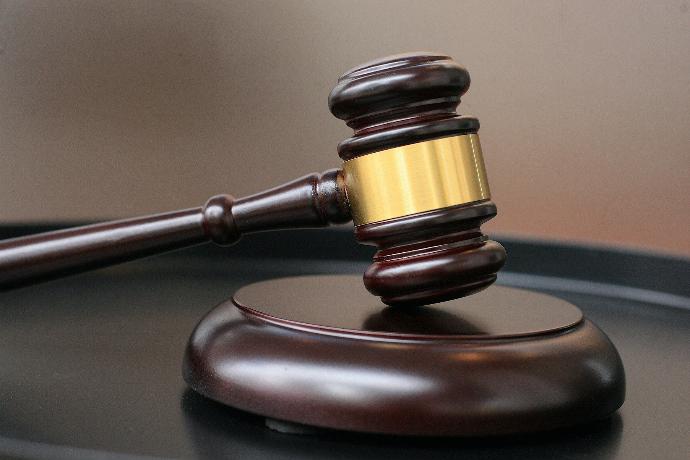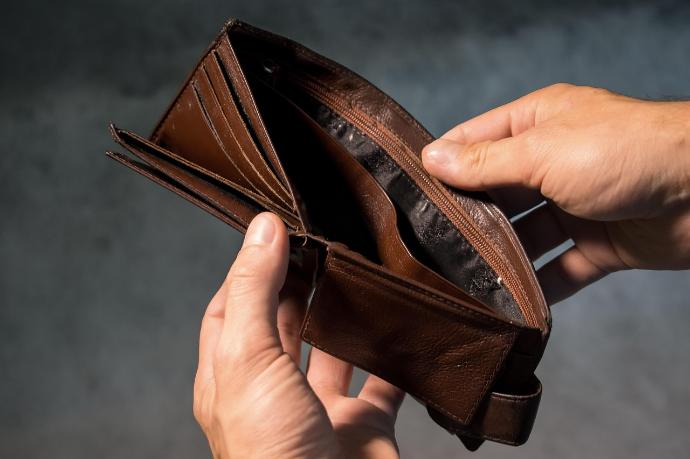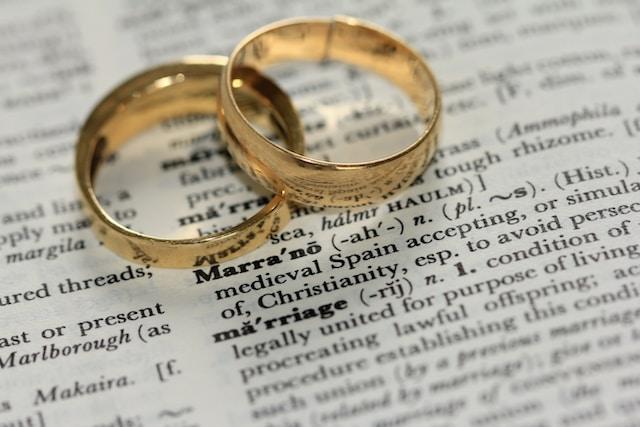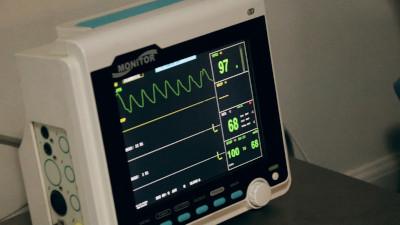What is a tangible personal asset valuation?
A tangible personal asset valuation (also called an appraisal) provides a highly precise estimation of value of tangible personal property like vehicles, machinery, equipment, and furniture.
This valuation takes all aspects of the asset into account, such as its make, model, age, condition, operating/use hours, specifications, and modifications. Factors such as the original cost of the asset, its depreciation rate, any income it generates, its location, and market supply and demand are also taken into consideration to determine the asset’s current value with the highest possible degree of confidence.
A tangible personal asset valuation is conducted by a certified appraiser and can be used to facilitate a variety of legal proceedings. The appraiser is also qualified to defend their valuation in court if needed.
What kinds of tangible personal assets can be appraised?
Appraisal-Masters is certified and experienced in valuing many types of tangible personal assets. We specialize in personal assets and equipment used for business and industrial purposes.
Common examples include the following:
Appraisal-Masters is NOT qualified to value the following:
Land
Real Estate
Fine Art
Legal uses for a tangible personal asset valuation

Litigation Support
Strengthen legal arguments with precise valuations in court

Insurance Claims
Justify and maximize insurance claims with accurate property values

Bankruptcy Proceedings
Assess the value of assets during bankruptcy filings

Family Law
Determine equitable distribution of assets in divorce cases

Estate Planning
Facilitate fair distribution of assets for inheritance or gifting
What happens during a tangible personal asset valuation?
A tangible personal asset valuation (or appraisal) is a well-regimented process consisting of several distinct steps.
Pre-Inspection Planning
The appraiser speaks with the client to determine the scope, purpose, and intended use of the appraisal. The appraiser also identifies any standards or regulations that apply to the appraisal and gathers any relevant documents, such as a list of assets and their histories.Inspection
The appraiser inspects the assets, gathering essential information like their make, model, age, condition, and usage history. The inspection is often conducted in person, but it can also be done virtually via a desktop appraisal.Market Research
The appraiser gathers market and industry data to determine the current supply and demand dynamics for the assets. They consider factors such as industry trends, location, obsolescence, and the availability of comparable items in the market.Data Analysis
The appraiser applies appropriate valuation methods to determine the value of the assets. They may study recent sales prices of similar assets, calculate the revenue the assets generate for their owner, or estimate the cost of replacing the assets with similar items.Adjustments
The appraiser makes adjustments to their valuation to account for factors such as asset condition, age, and market fluctuations. This fine-tunes the valuation to reflect the asset's unique characteristics.Appraisal Report
The appraiser prepares a written report summarizing the data gathered, the appraisal methodologies used, and the conclusions and opinions reached. This document provides a comprehensive assessment that can be used for a variety of legal purposes and is defensible in court.
Frequently asked questions about tangible personal asset valuation
How long does it take to get a valuation?
The time required to complete a valuation will vary depending on the quantity and complexity of the assets. However, most valuations can be completed within 1-2 weeks. Desktop valuations can usually be completed much sooner, while valuations that require extensive market research or travel to remote locations can take longer.
Can a valuation be used as evidence in court?
Yes, a well-documented valuation can serve as crucial evidence to support your legal arguments. In addition, the appraiser is trained and qualified to defend their valuation in court if called upon to do so.
Are valuations admissible in bankruptcy court?
Yes, a tangible personal asset valuation is a recognized tool for determining asset worth in bankruptcy proceedings.
How can a valuation help in family law cases?
A valuation provides an objective assessment of the worth of tangible personal assets, aiding in fair and accurate distribution during divorce proceedings.
Is a valuation necessary for insurance claims?
Yes, a valuation ensures you have accurate costs of lost assets to support your insurance claims and maximize settlement amounts.
Empower legal proceedings with a tangible personal asset valuation from Appraisal-Masters
Don't leave the valuation of your client’s tangible personal property to guesswork. Appraisal-Masters is your trusted partner for accurate, defensible valuations.
Our valuations will arm you with the knowledge you need to make a strong case. Contact us today to request a no-obligation appraisal consultation!







